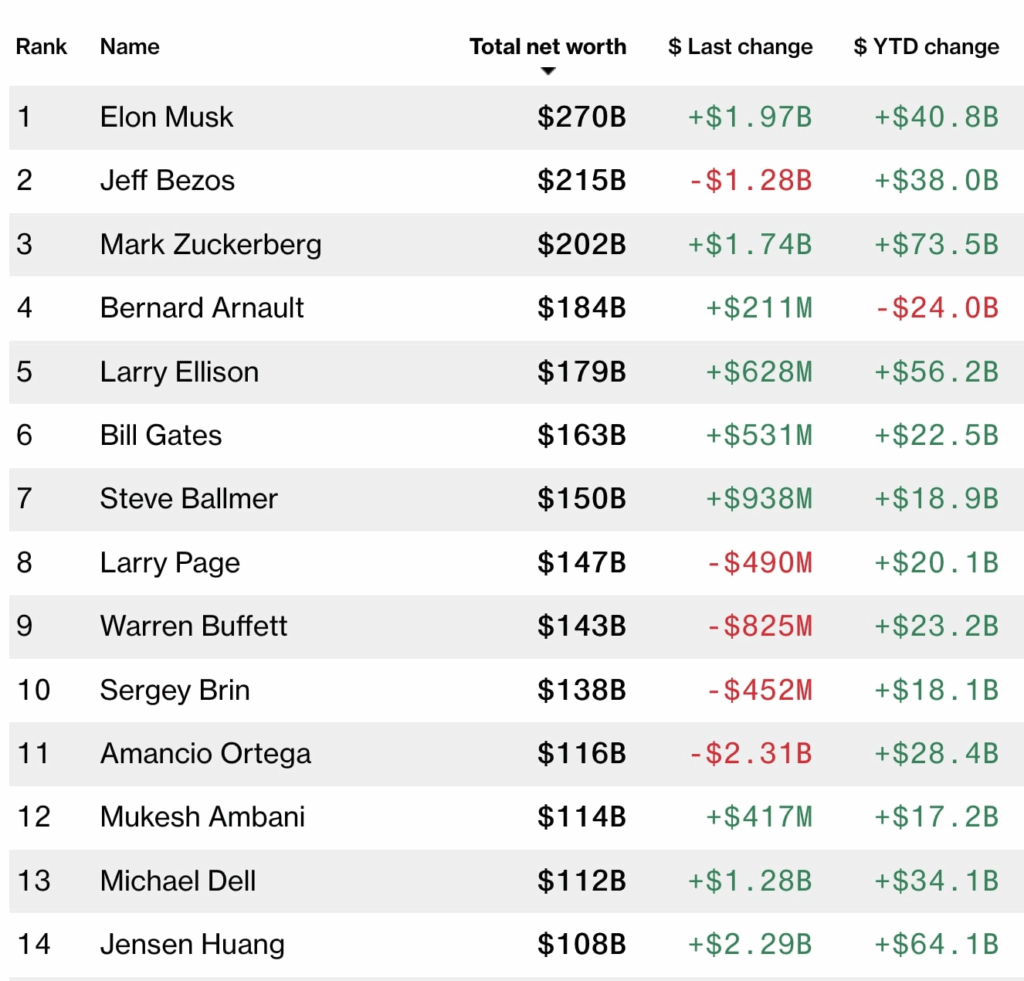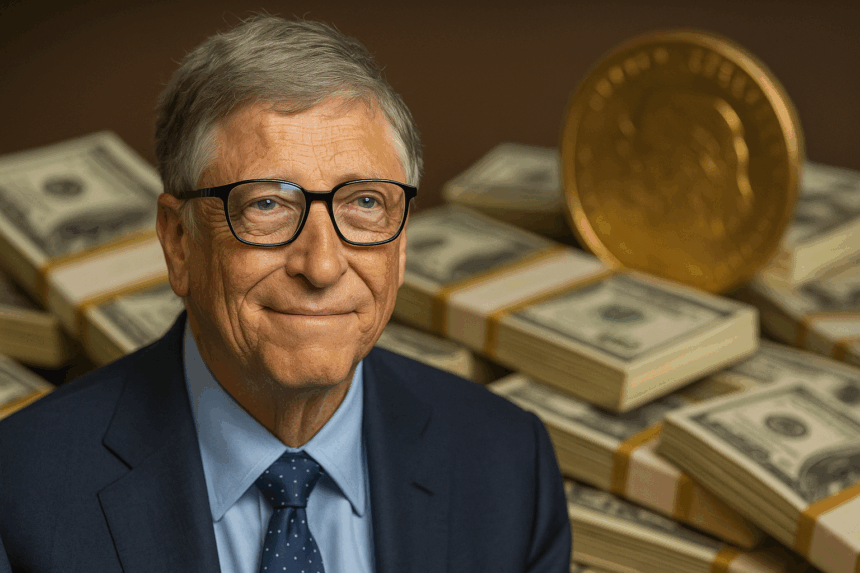Bill Gates, the co-founder of Microsoft, has boldly committed to giving away almost all of his wealth within the next 20 years. Known for his philanthropy through the Gates Foundation, Gates plans to distribute an estimated $200 billion over the next two decades, before closing the foundation’s doors by 2045. This decision comes as a response to growing global health challenges and the increasing need for immediate action on poverty, disease eradication, and healthcare access.
What’s Happening & Why This Matters
Gates’ announcement showcases his philanthropic strategy. The Microsoft billionaire, who recently turned 70, has always been committed to giving back, but this pledge takes it to the next level. Instead of leaving his wealth to charity after his death, Gates plans to accelerate the distribution of his fortune now, to solve pressing global problems urgently. His decision is in direct contrast to ongoing global issues such as the cuts to public assistance and foreign aid under the Trump administration, which have impacted many of the causes the Gates Foundation supports.
The Gates Foundation, founded in 2000, has already given over $100 billion to tackle global health issues, such as providing vaccines, diagnostic tools, and treatments for diseases like malaria, HIV/AIDS, and polio. By 2045, Gates expects to give away 99% of his net worth, currently at $108 billion. This announcement represents the largest philanthropic commitment in modern history. The foundation’s primary goals in the coming years are to 1) end preventable deaths, 2) eradicate deadly diseases, and 3) lift millions out of poverty.
Despite political and economic challenges, Gates is optimistic. He believes advancements in artificial intelligence will accelerate progress in the fight against poverty and disease. Gates has also been vocal about his concerns over U.S. government cuts to international aid, particularly in areas that directly impact global health. He even criticized fellow billionaire Elon Musk for his stance on reducing aid, which he believes could harm the world’s poorest children.
Impact

Gates’ decision to give away his wealth comes when international aid programs face significant setbacks, and funding for vital causes is reduced. In his blog post, Gates clarifies that his intent is not only to aid in the fight against disease and poverty but also to create a model for other billionaires to follow. The Giving Pledge, which Gates launched with Warren Buffett and Melinda French Gates in 2010, already includes over 240 signatories committed to giving away most of their fortunes.
The fact that Gates is willing to distribute such a large sum of money while still alive demonstrates his deep commitment to global issues. His accelerated approach to philanthropy is set to leave a legacy beyond Microsoft and will impact the future of global health for decades. With his fortune, Gates has the potential to reform public health systems and dramatically improve lives worldwide.
TF Summary: What’s Next
As Gates pursues his philanthropic goals, he will focus on accelerating health initiatives and innovations in global healthcare. His decision may inspire other moguls to follow suit, and the next 20 years may bring greater changes to how philanthropy is approached. Everyone will monitor the impact of his contributions, especially in artificial intelligence and healthcare advancements, and whether these efforts drive meaningful change in the fight against poverty and disease.
— Text-to-Speech (TTS) provided by gspeech


